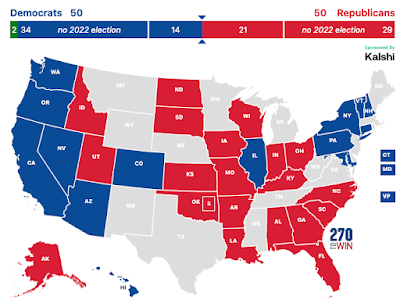Academics as Pro-bono Journalists (and is that problematic?)
 |
| I hardly recognized these people not holding pizza sticks at a Monday night editorial meeting. |
Besides the opportunity to name-drop people I worked with on ascendant career trajectories, two things struck me about this confluence of events.
First, I can't believe all this talent was managed by an executive editorial team made up of two future bankers (one of them now a central banker) and a consultant.
 |
| Proof that the bean-counters control even college newspapers. (circa 2008) |
KR: A lot of news sites assume that most writers are so excited about having their work published that they'll give it away for free.Lois Parshley (LP) raises an interesting point and highlights an opportunity for people like me -- (aspiring) academics that have expertise and wish to contribute to the public conversation. The costs to publication have never been lower. Anyone with an email address can create a blog such as this one and reach a potentially large audience. This notoriety can lead academics to publication in more mainstream sources (good examples here or here).
JF: Most people are unwilling to pay for quality. It breaks my heart.
LP: So you have to find people who have other jobs that pay the rent -- academics or think-tank fellows -- who are willing to take the clip instead of the payment.
This should be a boon for academics in the social sciences that have struggled with sharing their insights with the masses. The public does not grasp what we do, as evidenced by the lack of response to the attack on political scientists' NSF funding. Besides notable exceptions like the Monkey Cage, Freakonomics or Marginal Revolution, there seems to be a disconnect between the discipline and the public.
Then, there's this:
For only $30 you can read about political science blogging.Oh academic journals.. bit.ly/YVsKqC— Marc Lynch (@abuaardvark) April 1, 2013
Despite these challenges, we should advocate more efforts by academics to get into the news analysis game, right?
Well, it could cut both ways.
Academics are effectively providing pro-bono opinions and analysis for news organizations. Publishers can free-ride under the current system and this could be crowding out a budding class of journalists from the marketplace for news analysis. So should academics stick to their day jobs and stop flooding this dire labor market while being subsidized by a massive university? Should they spend more time on their core-technology: publishing peer-reviewed research and teaching students?
If academics stopped providing pro-bono commentary and analysis and demanded compensation for their expertise it could level the playing field with journalists and provide financial incentives to get academics writing for the public. However, this is wildly implausible because the business model of journalism faces far more serious problems.
This blog is meant to start a conversation because there is no obvious solution. I don't think academic conversations should stay within the confines of university office walls. If anything, this would exacerbate the "Ivory Tower" problem and we could use more informed voices in contemporary debate. Although, I do think academics should be aware of the fact that they may be playing a role (albeit infinitesimally small) in the demise of an important industry.

